Fix First Choice Background Check Errors
- Blog
- Employment Background Check Errors
Fix First Choice Background Check Errors
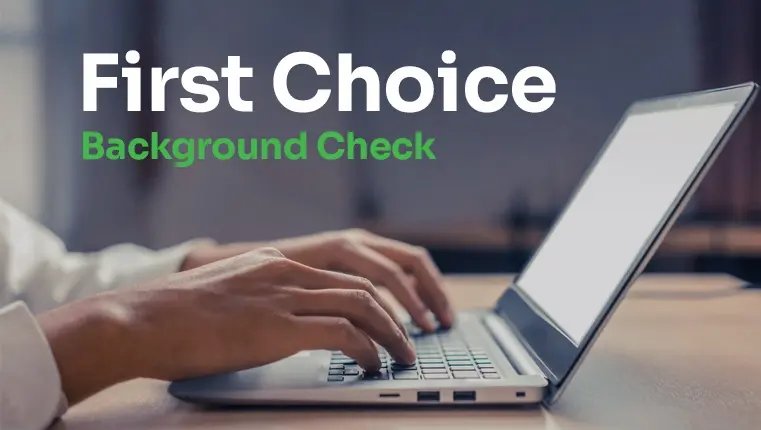
Identify and Correct Mistakes in Your First Choice Background Check with Our Comprehensive Guide.
Mistakes in your First Choice background check can cost you job prospects. Our guide helps you identify, dispute, and correct errors quickly and effectively. Learn how to ensure your background check is accurate. Don’t let errors cost you opportunities - act now!
Background checks help employers verify the credentials and history of potential employees. However, background check errors can occur in these checks, leading to significant issues for those affected. Keep reading to learn what you should do if you find errors in your First Choice background check and how to address them effectively.
What Information is Included in a First Choice Background Check?
First Choice background checks typically include a broad review of various aspects of an applicant’s history. This can encompass:
- Criminal Records: First Choice background screenings check for both misdemeanor and felony records. The search covers federal, state, and local databases for any criminal history.
- Employment History: Verification of past employment, including job titles, the dates you worked, and reasons for leaving.
- Education Verification: Confirmation of academic credentials, including degrees and certifications.
- Credit Reports: Examination of an individual's credit history, which is very important for positions involving high levels of financial responsibility.
- Driving Records: Review of driving history, especially important for jobs that entail lots of driving.
- Personal References: Contacting provided references to gain insight into the applicant's character and work ethic.
Errors in any of these areas can significantly impact your job prospects, making it crucial to ensure the accuracy of the information reported.
How Long Does a First Choice Background Check Take?
The time it takes to complete a First Choice background check can vary based on several factors, including the scope of the check and the availability of information. Typically, a standard background check can take anywhere from a few days to a week. More comprehensive checks, such as those involving extensive employment history or international records, might take longer. It's important to start the process early to avoid delays in hiring or other critical decisions.
How Far Back Does a First Choice Background Screening Check?
The depth of a First Choice background screening can vary, but most checks go back seven to ten years. This is generally the standard for criminal and credit history due to legal and regulatory guidelines. However, certain types of checks, such as those for high-level security clearances or positions of significant responsibility, might look further back. Understanding the scope of your background check can help you prepare and address any potential issues that may arise from your past.
Do I have to Agree to a First Choice Drug Screening?
Yes, you must agree to a First Choice screening. Consent is a critical aspect of a First Choice background check, including drug screenings. Employers typically require applicants to agree to drug screenings as part of the hiring process, specifically for careers that demand a high level of trust or safety.
Refusal to consent to a drug screening can result in the withdrawal of a job offer. It's important to understand your rights and the requirements of the position you're applying for to make an informed decision.
How Often Do Background Check Errors Occur?
Background check errors occur often! A study conducted by the University of Maryland shows more than 50% of the study participants had at least one false-positive error, and about 90% of participants had at least one false-negative error.
False negative errors occur when a background check fails to identify negative information, incorrectly indicating a clean record, while false positive errors happen when a background check wrongly flags a person as having negative information they do not actually have. Both types of errors can have serious consequences, such as hiring risks or unjust disqualification of qualified candidates.
Check out the chart of the University’s findings below.
| Errors | # of Participants (% Errors) |
|---|---|
| Total Participants | 101 |
| False Negatives | 91 (90.1%) |
| False Positives | 61 (60.4%) |
Any Error (False Negative or False Positive) | 97 (96.0%) |
Can I File a First Choice Background Screening Lawsuit?
If you believe that an error in your First Choice background check has caused you harm, you may have legal recourse. The Fair Credit Reporting Act, (FCRA) provides protections for individuals against inaccurate reporting. To file a lawsuit, you should demonstrate that an error occurred and there was incorrect or misleading information in your background check. You should also be prepared to prove that you suffered harm. In other words, it’s important that you can show that the error led to negative consequences, such as losing a job opportunity.
Consulting with an FCRA lawyer who specializes in FCRA and background check error cases can help you determine if you have a legitimate claim and help you through the legal process.
How Can I Dispute Errors on First Choice Background Checks?
If you find an error on your First Choice background check, it's important to act quickly to dispute the information. Consider the following when disputing errors.
- Contact Consumer Attorneys. Reaching out to us can save you time and provide additional resources to you during the dispute process.
- Obtain a Copy of Your Report: Request a copy of your background check results from First Choice or the employer who requested it.
- Identify the Errors: Clearly identify the incorrect information.
- Gather Evidence: Collect documents or other evidence that supports your claim that the information is incorrect.
- Submit a Dispute: Contact First Choice or the reporting agency to formally dispute the error. Provide all necessary documentation and a detailed explanation. You can contact them any way you choose (online or via phone), but we highly suggest filing your dispute via certified mail. Filing online requires you to waive important rights that will come in handy later in the dispute process.
- Follow Up: Stay in contact with the agency to ensure your dispute is being processed and resolved according to what the FCRA requires.
The FCRA requires agencies to investigate disputes and correct inaccuracies within 30 days.
What Else Should I Do When I Find First Choice Background Screening Errors?
Beyond disputing errors directly with First Choice, there are additional steps you can take to protect your interests.
You can notify your employer who requested the background check about the error and your dispute. This can prevent them from making a hasty decision based on incorrect information. Although sometimes employers decide not to move forward with an offer based on errors in background checks. The employer makes the decision in good faith based on the information they’ve been provided, so it’s important that you dispute all errors directly with First Choice.
Monitor your credit and background reports for any new errors or issues. This proactive approach can help you catch and resolve problems early.
Seek legal advice! If the dispute process does not resolve the error, or if you suffer significant harm due to the mistake, consult with one of our background check attorneys. Consumer Attorneys with experience in consumer rights can provide guidance and support.
Errors in background checks can be stressful and potentially damaging, but knowing your rights and taking immediate action can assist with decreasing these issues. By following the suggestions listed above, you can address errors in your First Choice background check and help preserve your employment prospects.
Frequently Asked Questions
The duration of a First Choice background check typically ranges from 2 to 7 days. This timeframe can vary based on the scope of the check and the availability of information. Standard checks, including criminal and employment history, usually take less time, while more broad checks, such as those involving extensive international records or higher security clearances, might take longer. It's advisable to begin the background check process early to avoid delays in hiring or other critical decisions. If you're concerned about how long the check is taking, you can contact First Choice or the requesting employer for a more accurate estimate.
First Choice background checks generally look back 7 to 10 years, which is the standard period for criminal and credit history checks due to legal and regulatory guidelines. However, the depth of the screening can vary based on the requirements of your prospective employer, the nature of the job, the state where you live, and more! For positions requiring high-level security clearances or significant financial responsibility, the background check might cover a longer period. Understanding the extent of your background check can help you prepare for and deal with any issues that may arise from your past.
First Choice background checks typically include a review of various aspects of an individual's history. This includes criminal records, employment history, education verification, credit reports, driving records, and personal references. The goal is to provide an assessment of an applicant’s qualifications and trustworthiness for a particular role. Employers use this information to verify credentials, evaluate past behavior, and ensure that the candidate meets the necessary criteria for the job. Accuracy in each of these areas is critical, as errors can significantly impact an individual's employment opportunities. If you find errors, you should contact Consumer Attorneys and dispute them immediately!
You will know if you had a background check by First Choice if you receive a request or consent form from your employer or the organization requesting the background check. Your consent is required before an employer or background check company can conduct a background screening on you, as required by the Fair Credit Reporting Act (FCRA). You might also receive a copy of the report or a summary of the findings. If you suspect a background check was conducted without your knowledge, you can contact the potential employer or First Choice directly to inquire. It's important to keep documentation of the communication related to your background screening.


Daniel Cohen is the Founder of Consumer Attorneys. Daniel manages the firm’s branding, marketing, client intake and business development efforts. Since 2017, he is a member of the National Association of Consumer Advocates and the National Consumer Law Center. Mr. Cohen is a nationally-recognized practitioner of consumer protection law. He has a we... Read more

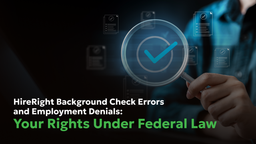


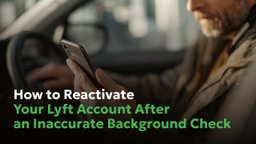
Related Articles
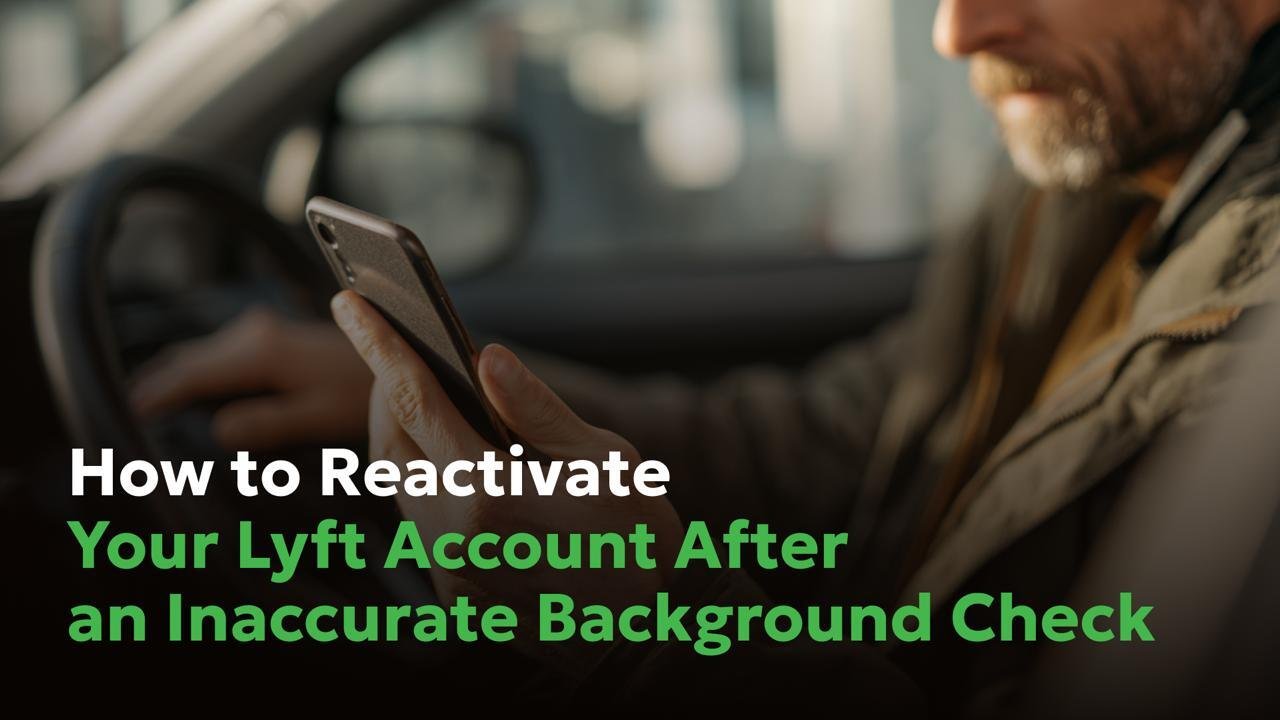
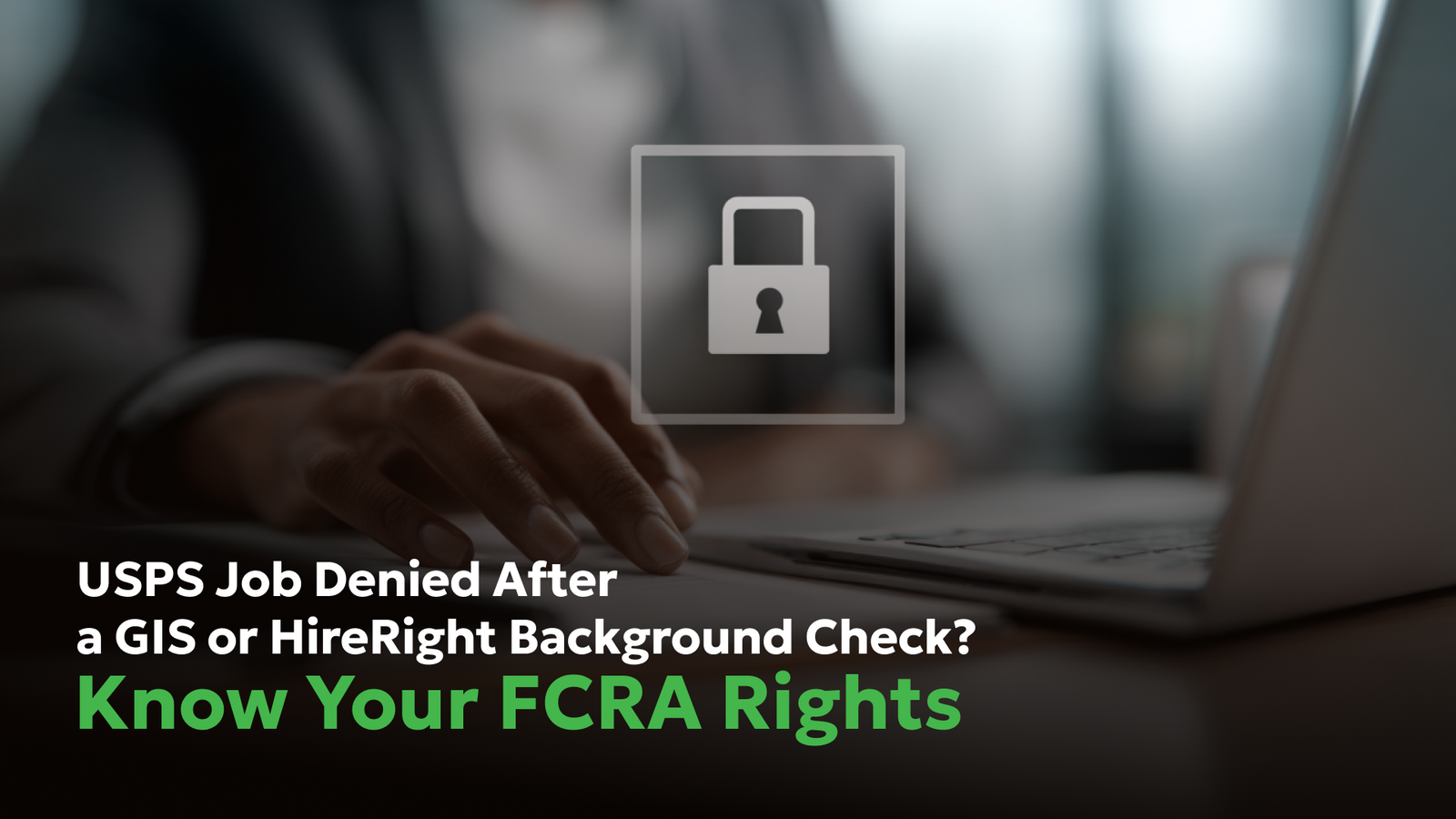
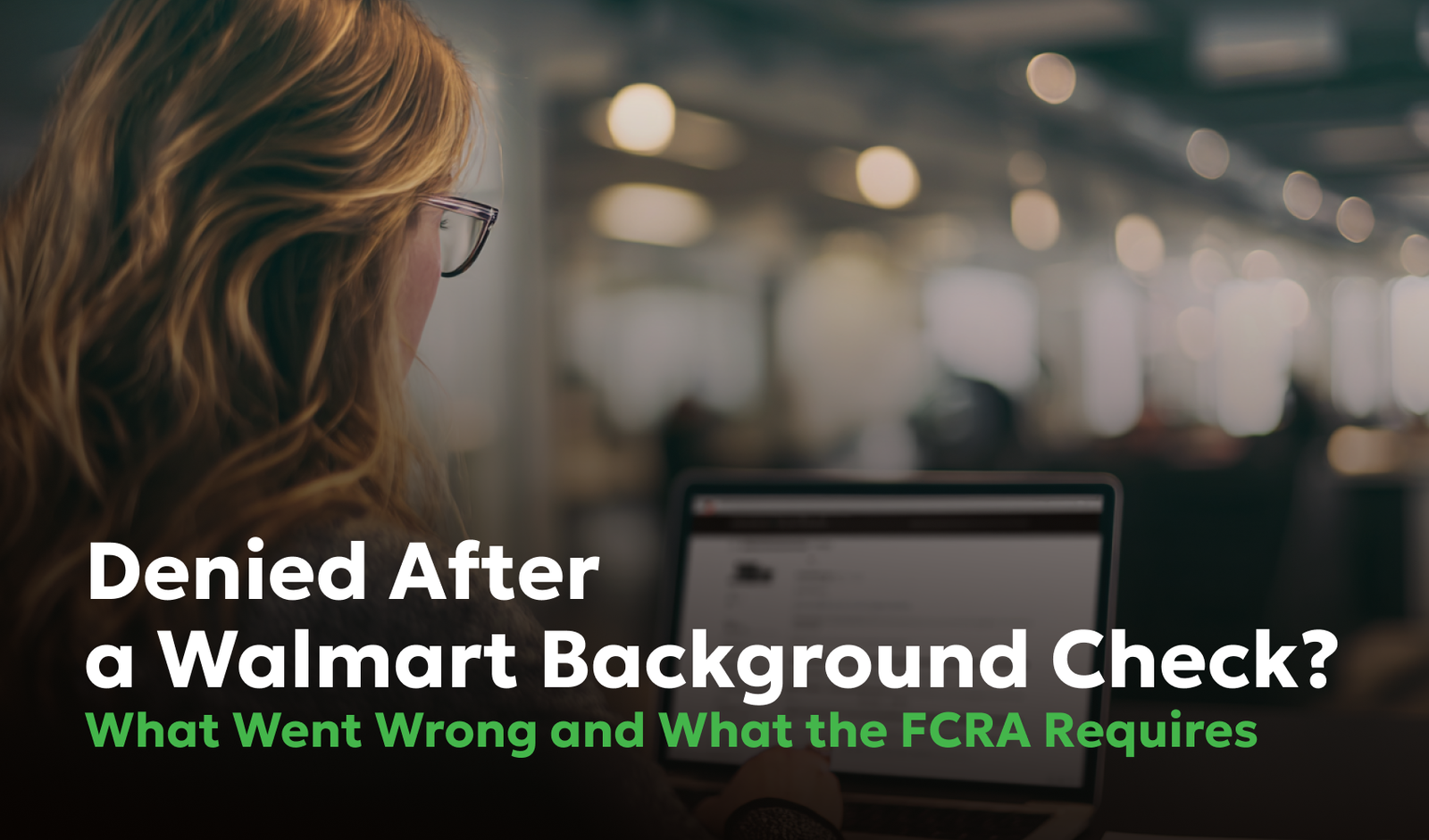

R
ONGS™You pay nothing. The law makes them pay.


